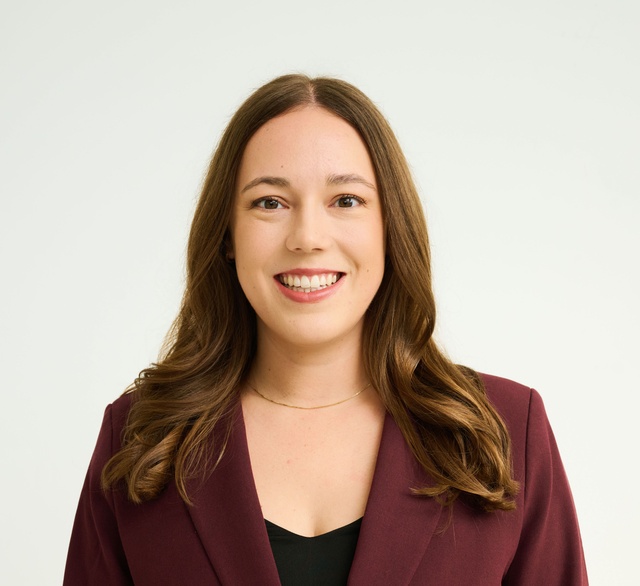
Meet the 2023 Startup Space Pitch Contest Competitors
March 13th, 2023A new crop of startups from around the world will take the stage at the 2023 Startup Space competition, pitching their businesses for a chance to appear before leading space investors.
Startup Space will take place during SATELLITE on Tuesday, March 14, in the SATELLITE Unveiled Theater, located on the Exhibit Hall floor. The competitors will be split into two panel groups, the first at 11 a.m. and the second at 1:00 p.m.
The early stage startups chosen will have the chance to rapid-fire pitch their businesses before a panel of judges from Bessemer Venture Partners, Toyota Ventures, and DCVC — with just minutes to make an impact and tell their story.
Produced in partnership with Jack Industries, the competition has helped cultivate space companies such as Astroscale, LeoLabs, Ursa, Orbit Fab, and dozens more. Last year’s winner was Vyoma, a space debris mitigation technology company.
“This is the very early stage for these companies. We actually offer them an opportunity to do a coaching session before they come in, so they can have the best chance of success,” Rafferty Jackson of Jack Industries said in a Via Satellite webcast in November announcing the participants. “The whole goal of the five minute pitch is that the audience can retell the story to the next person. When I see a pitch, it might not fit what I’m looking for. But I can tell [someone else] the story of the idea. That is how your idea gets out into the world.”
Meet this year’s competitors:
AdapTronics, based in Italy, is a deep tech startup working to make logistics more sustainable on Earth and in space. The company is developing an electrostatic gripper that becomes adhesive when electrically activated. The technology is designed to enable in-orbit spacecraft servicing and space debris removal. COO Dr. Camilla Conti will pitch for the company.
Astralintu Space Technologies, based in Ecuador, specializes in space logistics and ground segment operations, offering in-orbit satellite missions and ground station services. The company, led by Matias Campos, CEO and founder, seeks to pioneer the New Space industry in Latin America and accelerate the region’s participation in the space industry.
Cassiopeia Space Systems (CSS) is developing the RIGEL multi-orbit satcom terminal to harness the capacity of new satellite constellations for maritime, land and air, commercial and defense users. The terminal uses Luneburg lens radio frequency antenna technology together with a stabilized tracking platform. Don RIchardson will pitch for the company, based in the United States.
CisLunar Industries, based in Colorado, is creating the critical metal processing capabilities it believes are necessary to support the in-space industrial value chain of the future. The company’s goal is to process and provide critical metal materials in space and on the surface of celestial bodies, anywhere in the solar system. Co-Founder and CEO Gary Calnan will pitch for the company.
Galactiv aims to offer “tow trucks” for satellites — space tugs to provide satellite servicing and salvage capabilities to satellite operators. The company, based in the United States and led by Trent Blake, also plans to provide an affordable source of raw materials for on-orbit manufacturing companies and other space infrastructure developers.
Israeli company GorillaLink is a plug and play platform-as-a-service that connects IoT sensors for affordable communications. The company, led by CEO Nadav Nachshon says its satellite-based Smart Grid solutions offer easy installation with discrete, low-profile hardware, and no recurring maintenance requirements.
Kayhan Space offers a data platform called Pathfinder to automate satellite operations. The company delivers autonomous safety of flight alerts, analysis, and courses of action to satellite operators, with the goal of optimizing avoidance maneuvers. CTO and Co-Founder Araz Feyzi will pitch for the company, which is based in the U.S.
Canadian startup Magnestar works with satellite operators to maintain their service connection between Earth and space. It offers software and optional hardware that maps all radio frequency and optical signals, and monitors spectrum usage to predict when points of interference will occur. Led by Founder and CEO Jacqueline Good, the company says its product can save new satellite operators and regulators costs through the spectrum application process and help existing operators generate more revenue through adhering to service license agreements.
Pale Blue is a propulsion startup based in Japan, developing spacecraft engines that run on water. The company says its water-based engine uses patented plasma generation technology and can fit on cubesats. The company, led by COO Toku Sakai, has completed R&D in collaboration with the Japanese Space Agency (JAXA) and Japan’s top spacecraft propulsion laboratory at the University of Tokyo.
Italian startup Synchropal aims to develop a system to synchronize time and frequency. While the Global Navigation Satellite System (GNSS) currently used for synchronization is vulnerable to threats such as jamming and spoofing, Synchropal aims to develop a multi-source miniaturized and disciplined optical oscillator. CEO Ibrahim Osmani will pitch for the company.
This year’s competition will be judged by Tess Hatch, partner at Bessemer Venture Partners; Matt O’Connell, operating partner at DCVC; Michael Palank, general partner at MaC Venture Capital; Raphael Roettgen, founder and partner at E2MC Ventures; David Anderman, co-founder and operating Partner at Stellar Ventures; Terence Craig, advisor for Toyota Ventures and Investors of Color Network; Michael Mealling, general partner at Starbridge Venture Capital; Josephine Milward, partner at OpAmp Capital; Mark Boggett, CEO of Seraphim Capital; and Dr. Alison Perez, program manager for Lockheed Martin Ventures. VS Photo credit: Rafferty Jackson hosts the Startup Space competition in 2022. Via Satellite/Access Intelligence photo





